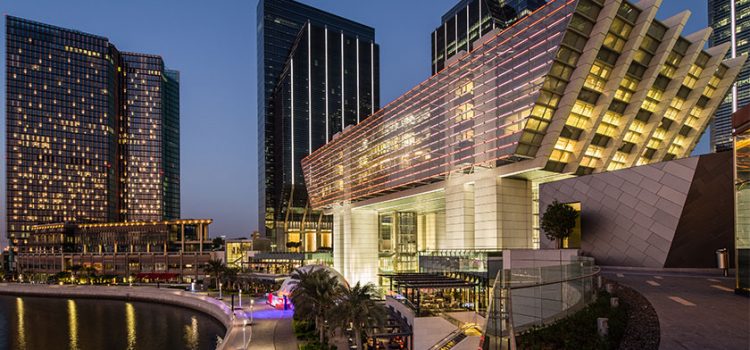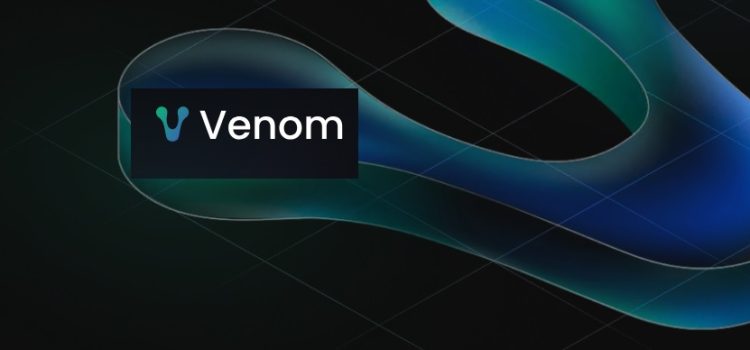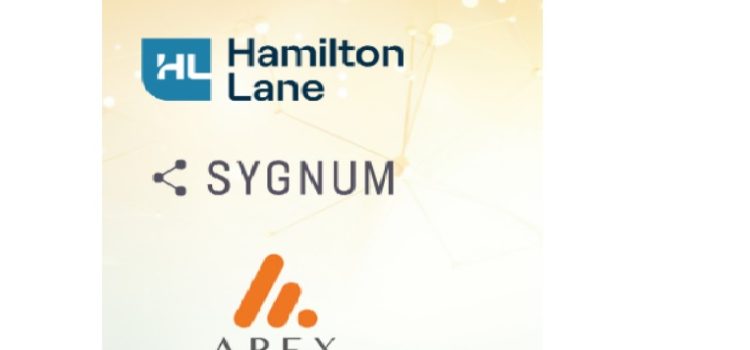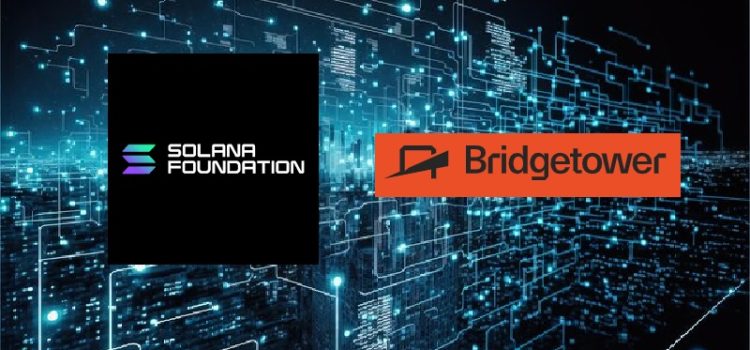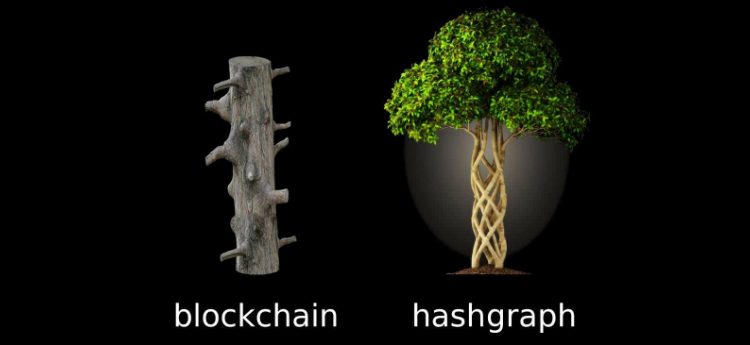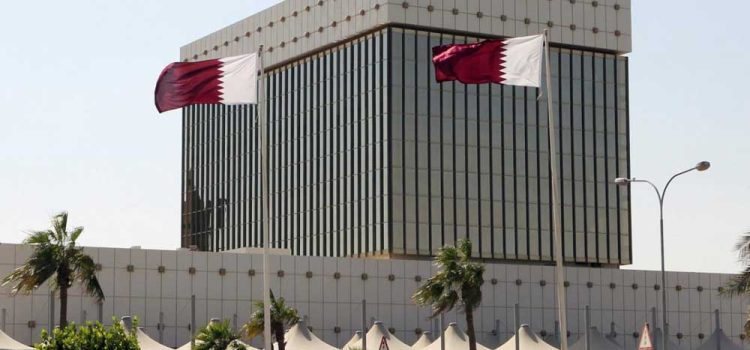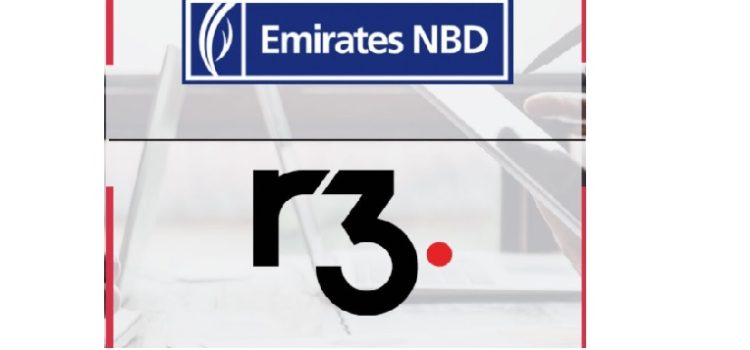Deus X Capital, a $1 billion family-office backed investment and operating company and Bridgetower Capital, a leading provider of digital asset and blockchain infrastructure with $800 million, have partnered to launch BridgeTower Middle East in ADGM (Abu Dhabi Global Market) in the UAE.
Tim Grant, CEO of Deus X Capital, and Cory Pugh, CEO of Bridgetower Capital, will lead the newly formed entity that is the first of many expected partnerships between the two companies.
The company which will also have a presence in Dubai is set to launch and operate an institutional grade digital asset infrastructure platform to facilitate the rapid growth of digital assets business in the UAE and Middle East/GCC Region.
The company is self-funded and brings more than $250 million of delegated assets for turnkey staking, alongside years of digital asset and capital deployment experience and resources available through Bridgetower and Deus X.
BridgeTower ME will offer turnkey institutional staking, a secure service that will see Bridgetower ME validate transactions across some of the world’s largest blockchains that it is bringing to the region.
It will also offer advanced data center capabilities including AI GPU services over blockchain networks. Bridgetower ME will produce and distribute AI GPU compute power generated from its proprietary bare metal server infrastructure and data center capabilities.
In addition the platform will also offer private equity/venture building facilitation, to support and grow the blockchain digital asset ecosystem in the UAE region, and its customizable Web3 commerce platform, to service prominent brands who are evolving products and services into digital asset opportunities.
This includes participation by large global consumer brands, global art markets, and partnerships with global sports clubs, associations and athletes amongst others.
It is anticipated the Board of Directors will utilize long-term capitalization options aligning with its commitment to the country, including liquidity events such as a public listing on the Abu Dhabi stock exchange, ADX.
“Staying true to our road map of global expansion and partnering with top companies, it’s a rare privilege to see Deus X and Bridgetower partner to create Bridgetower ME as one jointly owned, Abu Dhabi entity,” said Bridgetower Chairman and CEO Cory Pugh. “We will bring substantial assets forward to the newly formed Bridgetower ME. We have tremendous respect for the UAE business culture and regulatory approach to digital asset infrastructure and look forward to investing resources to both incubate and bring new opportunities to the UAE.”
“We are delighted to have the opportunity to work with Abu Dhabi to incorporate a company that is solely focused on making the country the global leader in digital assets and fintech,” said Deus X Capital CEO Tim Grant. “Our mission is to help bring about a new financial ecosystem that is cheaper, fairer and more accessible for everyone, and this is an enormous opportunity to help achieve that goal in the region.”
Arvind Ramamurthy, Chief of Market Development at ADGM said “Bridgetower ME is making exciting moves as they look to strategically contribute to the development of the digital asset infrastructure in the UAE and throughout the MENA region, by establishing their presence in Abu Dhabi. ADGM’s comprehensive regulatory framework for digital assets provides a solid ground for leading players in this sector and creates a business-friendly environment for their development and operations expansion. We look forward to Bridgetower ME participation in ADGM’s vision of technological innovation and excellence, and its contribution to positioning Abu Dhabi as a global hub for digital assets.”
This announcement comes after Solana also set up its presence in ADGM announcing a partnership to enhance distributed ledger technology and blockchain innovation.
The Solana Foundation is a non-profit organization dedicated to decentralization, adoption, and security on Solana network.
As per the press release, the collaboration between ADGM and the Solana Foundation will further expand ADGM’s existing offerings by exploring opportunities for joint initiatives and projects related to the development of the blockchain company ecosystem in Abu Dhabi.
Hamad Al Mazrouei, CEO of ADGM Registration Authority, stated, “Our strategic alliance with the Solana Foundation marks a key milestone in cementing ADGM’s leadership in the blockchain sector, and represents a direct reflection of the effectiveness of our DLT Foundations Framework and our commitment to the growth and the development of the blockchain sector. We are excited to partner with Solana to pioneer the future of technology, and further enhance the level of knowledge in the space of blockchain by emphasizing the value of regulation and compliance in ensuring robust and sustainable development. We are confident that this significant collaboration will lead to bolstering the blockchain ecosystem and driving further innovative initiatives in Abu Dhabi and the UAE.”
The UAE has emerged as a global hub for innovation and adoption of blockchain technology, said Lily Liu, President of the Solana Foundation. “Working closely with ADGM is a significant step forward in the continued growth of blockchain adoption in the region as a whole, and advances the Solana Foundation’s goal of fostering innovation, security, and widespread adoption on the Solana network in the Middle East.”
In November 2023, IOTA DLT Foundation announced that it had been registered as the first foundation under the DLT Foundations Regulations at ADGM ( Abu Dhabi Global Markets.










